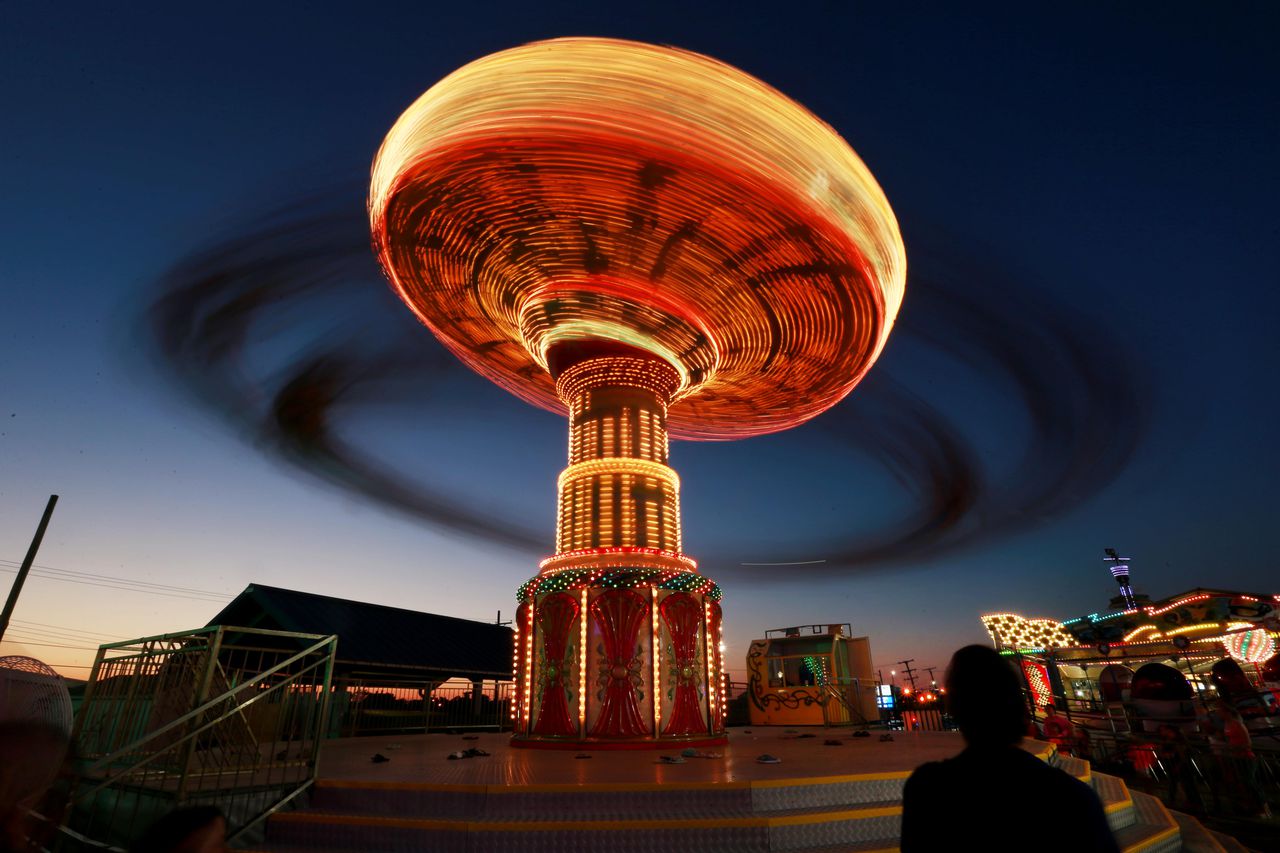Yes, you can enjoy beaches and boardwalks at the Jersey Shore this summer as the state’s coronavirus lockdown restrictions are slowly being pulled back. But there won’t be any sports, concerts, or fireworks. And rides, games, and arcades will stay closed.
Gov. Phil Murphy on Thursday signed an executive order outlining the rules New Jersey beaches, boardwalks, and lakes must follow to be open this summer as the state continues to deal with the outbreak. It takes effect May 22, the Friday of Memorial Day weekend — the unofficial start of the summer season.
Many beaches and boardwalks across the state have already reopened with social-distancing restrictions, but this order gives guidance for how they must operate going forward.
It calls on local leaders to decide how to implement capacity limits (such as restricting the number of beach badges that can be sold) and social-distancing requirements (such as mandating people to keep six feet from each other, except for family, loved ones, and household members).
But some restrictions are mandated across the board. There can be no organized games or contact sports, no recreational summer camps, and no special events that draw crowds, like concerts, festivals or fireworks.
And while boardwalk restaurants may offer takeout and delivery, rides, arcades, games, and “other draws” will remain closed. So will water fountains, playgrounds, and visitor centers.
Showers, changing areas, and restrooms will remain open and regularly cleaned. Swimming will be allowed, though lifeguards will likely be spaced out rather than sitting two guards to a post, officials said.
“We want everyone to have fun,” Murphy said during his daily coronavirus briefing in Trenton. “But we need everyone to be safe.”
Murphy said it will be up to local authorities how to reprimand those who don’t comply. Sea Isle City Mayor Leonard Desiderio said people may be kicked off the beach and ticketed, though he expects people to “police themselves.”
The governor was asked if he’s worried beaches will draw huge crowds, make social distancing difficult, and cause another spike in the virus.
Murphy said said there’s a “benefit” to taking smaller steps.
“If you take a series of incremental steps, you can be much more nimble in assessing the impact of those," he added.
Murphy also said beaches are “getting toward the edge of what we can responsibly do right now."
“This is something we’re all gonna hold hands and do together recognizing we know people are dying to let steam off, they’re dying to get off," he said. "We’re gonna have a big burden of responsibility to get that as right as we can.”
Murphy had placed New Jersey — one of the nation’s coronavirus hotspots — under near-lockdown orders over the last two months to battle the virus. But as the outbreak has slowed in the last few weeks, he has begun to slowly and gradually lift the restrictions.
The governor allowed state and county parks, as well as golf courses, to reopen with restrictions earlier this month. And on Wednesday, Murphy announced he will allow nonessential retail businesses to offer curbside pickup and nonessential construction to resume, while also allowing drive-in and drive-through events, such as church services.
New Jersey, a densely populated state of 9 million residents, has reported at least 9,946 total deaths attributed to COVID-19, with at least 142,70 total cases, since the outbreak started March 4. Officials Thursday reported 244 new deaths and 1,216 new positive tests.
Only New York has more deaths and cases among American states.
But officials say the state’s number of daily new deaths, cases, and hospitalizations have dropped significantly in recent weeks. The number of coronavirus patients at New Jersey’s 71 hospitals has fallen by more than half to 3,958 as of Wednesday night from a mid-April peak.
The pandemic also continues to take a massive toll on the state’s economy. Nearly 1.1 million residents have filed for unemployment since mid-March, and many say they’ve been waiting for weeks to get paid and have struggled with the state’s busy phone and online systems.
Allowing beaches and boardwalks to operate, even on a limited basis, could help. The Shore is one of the state’s economic engines.
